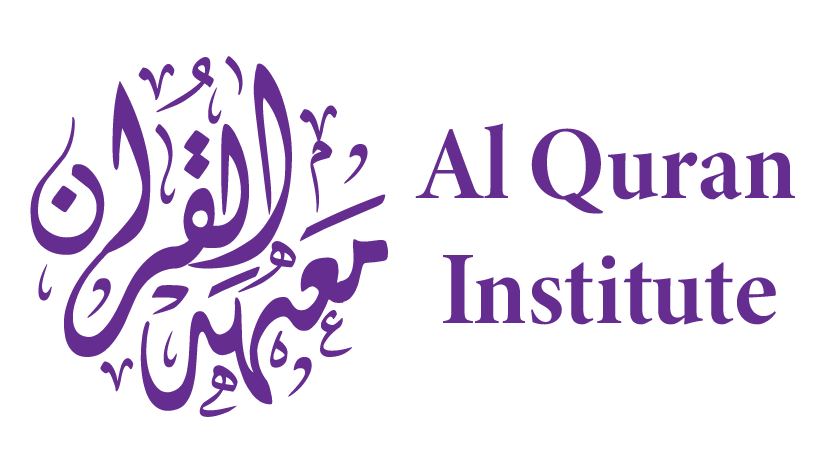The Role of Quranic Arabic in Modern Islamic Scholarship

Quranic Arabic, the language of the Quran, holds a central place in Islamic tradition. For over 1,400 years, the Quran has been a guide for Muslims around the world, shaping their religious beliefs, legal systems, and social practices. Its linguistic precision and depth make Quranic Arabic unique among the world’s religious languages. But how does this ancient form of Arabic influence modern Islamic scholarship? In this article, we will explore the enduring relevance of Quranic Arabic, particularly its role in shaping contemporary Islamic thought and legal discourse.
Historical Significance of Quranic Arabic
Quranic Arabic refers to the classical form of the language in which the Quran was revealed. This particular version of Arabic has remained largely unchanged since the 7th century, making it a time capsule of linguistic and cultural heritage. Early Islamic scholars, such as the renowned linguist Sibawayh, devoted significant effort to analyzing and preserving this sacred language. The structure, grammar, and vocabulary of Quranic Arabic have profoundly influenced the development of classical Arabic, and by extension, the linguistic foundation of Islamic civilization.
Unlike modern dialects of Arabic, Quranic Arabic has retained its formality and elegance. The richness of its vocabulary and the complexity of its grammar made it the perfect medium to convey divine revelation, giving scholars tools to interpret the vast layers of meaning embedded in the Quran. From theology to law and philosophy, Quranic Arabic has shaped all key areas of Islamic thought.
Quranic Arabic as a Lingua Franca in Islamic Scholarship
Throughout Islamic history, Quranic Arabic has served as the universal language of Islamic scholarship. Regardless of where they originated—whether from the Arab world, Persia, the Indian subcontinent, or Africa—Muslim scholars were united by their knowledge of the Quran and its language. This made Quranic Arabic not only the language of religious discourse but also the bridge between cultures within the vast Islamic empire.
For centuries, it has been a requirement for Islamic scholars (ulama) to have a deep understanding of Quranic Arabic. It remains an essential tool for anyone seeking to engage with Islamic legal texts (Fiqh), commentaries (Tafsir), and theological discussions. In modern times, scholars from diverse regions still rely on Quranic Arabic to access and interpret the Quran and other foundational Islamic texts.
Modern Islamic Scholarship and Quranic Arabic
Even in the 21st century, Quranic Arabic continues to influence contemporary Islamic thought and legal practice. Tafsir (interpretation of the Quran) remains a vibrant academic field, with scholars using Quranic Arabic to explore new insights. The application of Sharia (Islamic law) similarly depends on a precise understanding of Quranic language, as legal rulings often hinge on the specific wording of Quranic verses.
Modern institutions, both in the Muslim world and in the West, continue to emphasize the importance of Quranic Arabic in their Islamic studies programs. Universities, such as Al-Azhar in Cairo and the Islamic University of Madinah, offer advanced courses in Quranic Arabic, ensuring that scholars maintain a high level of proficiency in the language. Online platforms and digital tools also provide new opportunities for studying Quranic Arabic, making it accessible to a global audience.
Challenges Facing Modern Islamic Scholars in Learning Quranic Arabic
Despite its importance, learning Quranic Arabic poses significant challenges for modern scholars. The language’s classical structure can be difficult to master, especially for those who are more familiar with modern dialects of Arabic. Globalization has also contributed to the spread of other dominant languages, such as English and French, making Arabic less of a priority in some parts of the Muslim world.
However, scholars and educators have developed innovative methods to overcome these obstacles. Online courses, language apps, and intensive study programs have made Quranic Arabic more accessible to a wider audience. Digital tools now allow students to engage with the Quran’s language at their own pace, making it easier to bridge the gap between modern learners and this classical form of Arabic.
Quranic Arabic and Islamic Law (Sharia)
Quranic Arabic is indispensable when interpreting and applying Sharia law. Many of Islam’s most complex legal debates are rooted in a close reading of Quranic text. A single word or phrase can shift the meaning of an entire legal ruling, making a scholar’s mastery of Quranic Arabic essential to issuing accurate and contextually appropriate fatwas (legal rulings).
For example, contemporary legal issues such as bioethics, financial transactions, and family law require scholars to go back to Quranic verses and the Hadith (prophetic traditions), both of which are in classical Arabic. As modern societies face new challenges, the ability to extract meaning from Quranic Arabic and apply it to today’s context ensures that Islamic law remains relevant.
Quranic Arabic in Interfaith and Global Scholarship
Beyond Islamic studies, Quranic Arabic contributes to broader global scholarship. It has become a focal point for comparative religious studies, especially in dialogue with scholars of Biblical Hebrew and Aramaic. This linguistic connection fosters deeper understanding between faith traditions and highlights the shared roots of the Abrahamic religions.
Quranic Arabic also attracts the attention of linguists, historians, and scholars of world religions. Its intricacies offer insights into how language influences culture, religion, and law. The global reach of Quranic Arabic makes it a valuable subject of study not only for Muslims but also for non-Muslims engaged in the academic study of the Islamic world.
Conclusion
The role of Quranic Arabic in modern Islamic scholarship is a testament to the enduring power of language in preserving tradition and guiding intellectual discourse. As Islamic scholars continue to engage with the Quran, the ability to understand and interpret its Arabic remains essential. Quranic Arabic bridges the gap between the past and present, allowing scholars to balance the richness of Islamic tradition with the demands of modernity.
As we look to the future, Quranic Arabic will likely maintain its central role in shaping Islamic thought, ensuring that the language of revelation continues to influence the evolving landscape of Islamic scholarship.
For those interested in deepening their understanding of Quranic Arabic, there are numerous resources available. Whether through academic programs, online courses, or self-study, the doors to mastering this sacred language are wide open. By learning Quranic Arabic, scholars and students alike can engage more deeply with the Quran and its teachings, enriching their intellectual and spiritual journeys.
Lorem Ipsum

